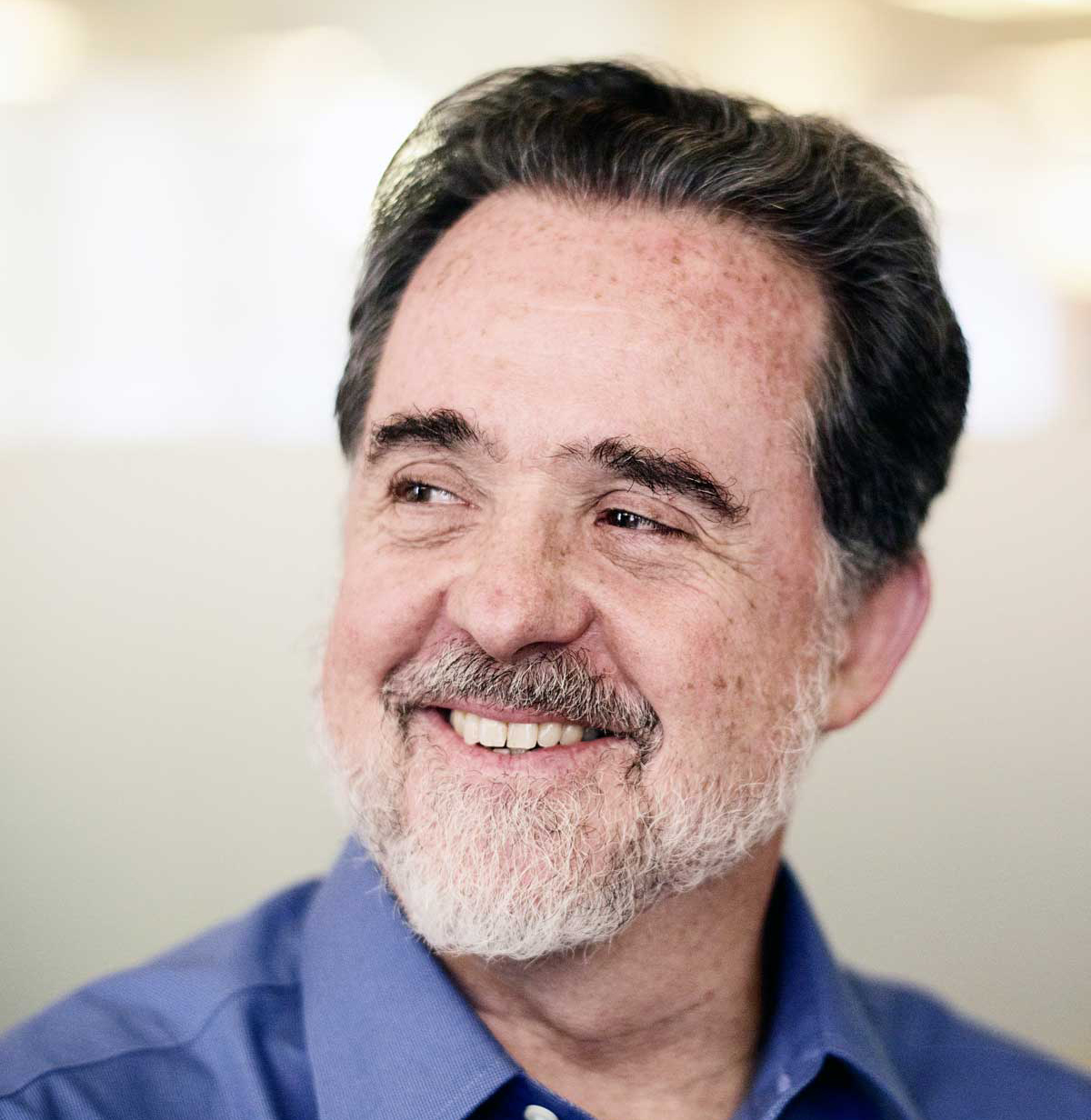The Power of Ideas: Ray Offenheiser

Photo by Michael Prince/Oxfam America
From his office on the edge of the North End, Oxfam America president Ray Offenheiser looks out on a world of woe: 60 million refugees globally, corrupt governments, exploitative corporations, food shortages, and public health disasters. As emergencies erupt seemingly every week, funding to alleviate them isn’t keeping pace. “The global humanitarian system is being stretched to an actual breaking point,” Offenheiser warns. “We need to think about how we can turn it on its head.”
To that end, Oxfam is suing the U.S. government for kowtowing to Big Oil. Earlier this year the group, which supports development projects in dozens of the world’s poorest countries, argued a case in Boston federal court against the Securities and Exchange Commission. The SEC is mandated to write a rule that requires oil and mining companies to disclose payments to governments in countries where they’re operating. The SEC, however, spiked its own first draft of the rule after it got pushback from the American Petroleum Institute, a lobbying group with deep pockets and Beltway sway. “It’s a perfect illustration of money in politics,” Offenheiser laments.
If Oxfam prevails in court and petro firms are forced to open their books, Offenheiser expects to find hundreds of millions of dollars that have been routed to offshore tax havens and concealed through other nefarious channels.
“We estimate that there are hundreds of millions of dollars flowing out of Africa now that largely has to do with tax evasion,” Offenheiser says. “If you captured a portion of that money, you could actually create a foreign-aid system that’s three or four times larger than what we have now.”


